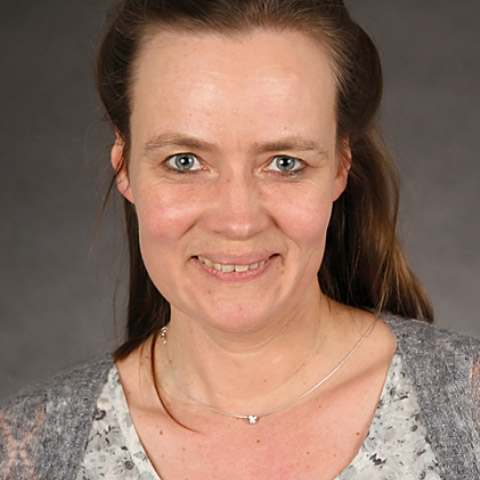According to a communication from the Federal Foreign Office of 27 October 2020 to Akbulut Gökay, the spokesperson for migration and integration policy of the parliamentary group DIE LINKE (question on SF no. 9-393), it is currently not possible to take the German test required for the reunification of spouses in a total of 81 third countries (including the main countries of origin Egypt, Albania, Iran, Lebanon and Mexico).
The Foreign Office's answer is based on a worldwide survey of foreign missions. According to this, there is currently no possibility to take a language test at the Goethe-Institut or other recognized institutions in 18 third countries due to the Corona Pandemic. This concerns the following countries: Albania, Bangladesh, Bolivia, Brazil, Costa Rica, Egypt, Eritrea, Indonesia, Israel, Iran, Kuwait, Lebanon, Malaysia, Mexico, Mozambique, Myanmar, Namibia, Paraguay.
In addition, there are 63 third countries in which there is no other (independent of the pandemic) certified examination possibility. This applies to the following countries: Afghanistan, Angola, Antigua and Barbuda, Bahamas, Bahrain, Barbados, Belize, Benin, Bhutan, British Virgin Islands, Brunei Darussalam, Burundi, Cabo Verde, Cook Islands, Democratic Republic of Congo, Djibouti, Democratic People's Republic of Korea, Dominica, Fiji, Gabon, Gambia, Grenada, Guinea-Bissau, Guyana, Haiti, Yemen, Qatar, Kiribati, Comoros, Laos, Lesotho, Liberia, Libya, Malawi, Maldives, Mali, Marshall Islands, Mauritania, Mauritius, Micronesia, Nauru, Niger, Nioué, Palau, Papua New Guinea, Republic of the Congo, Solomon Islands, Zambia, Sao Tome and Principe, Sierra Leone, Somalia, St. Petersburg, Kitts and Nevis, Saint Lucia, Saint Vincent and the Grenadines, Suriname, Syria, Tonga, Trinidad and Tobago, Chad, Tuvalu, Vanuatu, Central African Republic.
This restriction is legally significant for family reunification: Family reunification with a spouse is dependent on proof of simple German language skills of level A1. Due to the hardship provision in § 30 para. 1 sentence 3 no. 6 AufenthG, this is a legally relevant circumstance in practice.
According to the hardship provision, the language requirement is irrelevant if it is not possible or not reasonable for the spouses to make efforts to acquire a basic knowledge of the German language prior to entry due to special circumstances of the individual case. The unreasonableness may result, among other things, from the fact that it is not possible or not reasonable for the foreign spouse to learn the German language within a reasonable time due to special personal reasons or due to the special circumstances in his or her home country. In such a case, the generally proportionate requirement for subsequent immigration changes into a disproportionate permanent obstacle to immigration. In the opinion of the Federal Administrative Court, the line between a regular and an exceptional case is to be drawn in the case of a delay of one year in reunification. If reasonable efforts to acquire language skills have been unsuccessful for one year, the language requirement may no longer be invoked against the visa application of the spouse of a German citizen.
However, the one-year period does not have to be waited for if the foreign spouse cannot reasonably be expected to make efforts to acquire language skills from the outset, for example because language courses are not offered in the country in question or attendance of such courses is associated with a high security risk and there are no other promising alternatives to language acquisition.
If the spouse who wants to join the family cannot be offered a concrete offer to take a language exam, this will result in a hardship case. The reunification is to be made possible without a language test.


